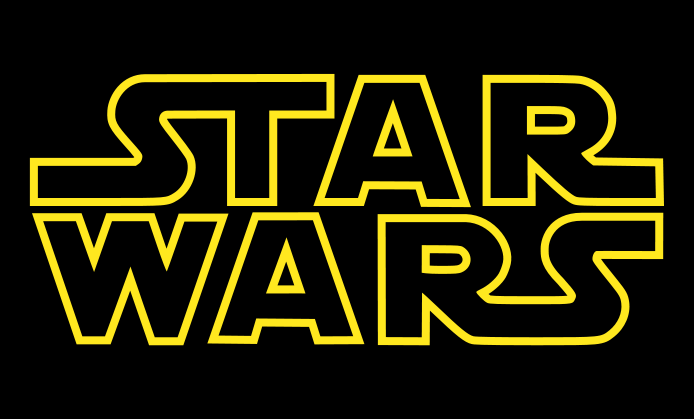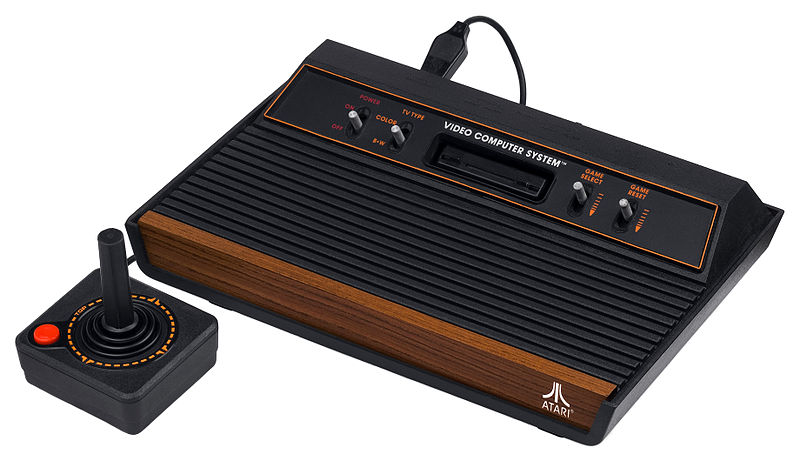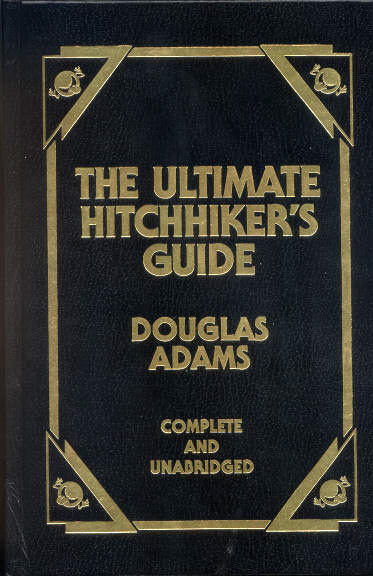Hello — tell us a bit about who are you and what do you do.
Hello! My name is Gregory P. Scott, but I prefer to go by Greg. I was born and raised just outside of Washington, D.C., until I was 18 and then bounced around the country and the world, before settling back down in D.C. I finished my B.Sc. in Aerospace Engineering at Penn State before getting my “dream job” in Houston – launching the Space Shuttle!
After a few years there, and picking up my MSc in Space Architecture at the University of Houston, I was given the opportunity to do my Ph.D. overseas. So, I packed my bags and headed to England, eventually landing at the University of Surrey in Guildford (which highlights the setting for The Omen movie, and the alleged home town of Ford Prefect from The Hitchhikers Guide to the Galaxy).
After a few fun years and a few difficult years, I (finally) finished up my PhD and took a job at the Naval Research Laboratory in Washington DC, bringing my worldly travels full circle. I now work to develop space robotic systems to support naval assets in space, as well as branching out to terrestrial and maritime robotic systems.
Do you have a first childhood memory of “engineering” something?
Definitely! My first really successful “engineering” moment was when I took apart my old Atari 2600 because it wasn’t working right and put it back together successfully. It worked perfectly from then on! Hmm . . . I might have to rummage through my parents’ attic to see if I can dig it out again!
Did you have a specific “aha” moment when you knew that you wanted to focus on engineering?
I have always had an interest in tinkering with things, building “stuff” and taking math/science classes, so engineering was the logical next step. But for me, my passion for aerospace engineering stems from my cousins. When I was growing up, they were studying aerospace engineering and I looked up to them, which likely played a strong role in focusing me down that road. Well, that and Star Wars, obviously.
Describe your path to becoming a engineer. Have you had any mentors along the way?
My path to becoming an engineer was probably not much different from other engineers. I focused on STEM-related classes throughout high school and college. My passion for space was so strong that I even petitioned the head of the Aerospace Engineering department to allow me to replace some of the “airplane” classes with spacecraft classes because I knew that was my passion.
I was also actively involved in clubs at school that focused on engineering and technology development, including one that was focused towards launching a payload on a sounding rocket. I even focused with a minor in Engineering Leadership Development, which gave me more of a business sense to engineering and helped broaden my perspective. Along the way, I have had a few mentors, though rarely with the formal title of Mentor. Although I am quite happy with the engineering path I have chosen, I think being more proactive about selecting a few formal mentors would have helped strengthen my path a bit.
Do you feel a responsibility to contribute to something bigger than yourself? What do you hope to contribute through your work?
Definitely! Even the smallest cog in any program has an impact on the whole. However, I strive to make significant impacts to projects that have a worthwhile impact on society in some way. Whether that is contributing the Space Shuttle program, supporting outreach activities to promote STEM education to students, or providing systems to support our military men and women in the field, I feel that it is essential for my contributions to really make a difference in some way.
If you could give one piece of advice to another engineer starting out, what would you say?
If you love what you do, then work is a far easier place to go day in and day out. Not every day will be roses, no matter the job . . . but on the whole, you should love what you do and appreciate the results that you create. And if you don’t, then it may be time to re-evaluate . . .
Are there things that you want to tackle 5 to 10 years down the road?
Certainly! There are many things that I want to tackle in the years to come. In the short term, I want to continue to support and lead medium-sized research projects within the NRL. Through these and other research initiatives, I aim to position myself to lead a major project within the NRL to help showcase not only my engineering strengths, but my ability to lead a program. And, like many, I wanted to be an astronaut when I was a kid. In my case, it is still that I haven’t quite grown up yet.
What are your current best sources of news and information for staying up on your field?
The best way to stay up to date with what’s going on within my field is through the professional organizations that I am a part of and extensions to the professional network that I have built. The AIAA has a daily news email that keeps me informed of major updates in the aerospace industry. The CRUSER and AUVSI newsletters keep me informed of advances in the various areas of unmanned vehicles. And even feeds from Facebook and LinkedIn activities that I follow help keep me informed of what’s going on across areas that I am generally interested in.
Links:



